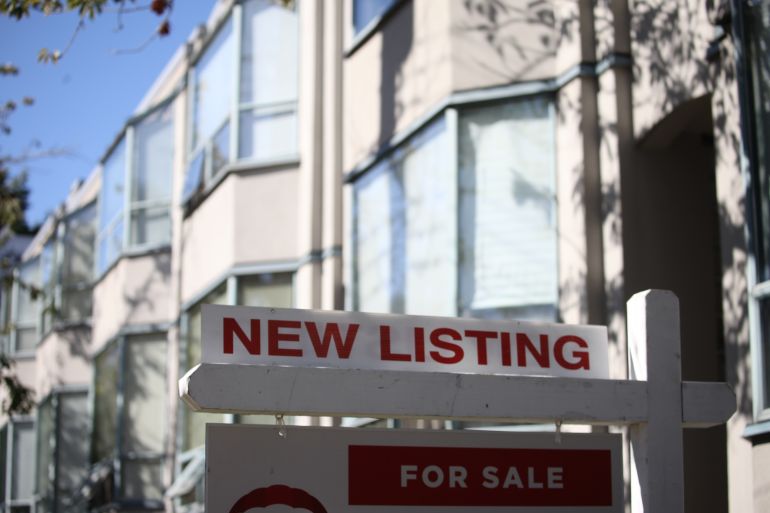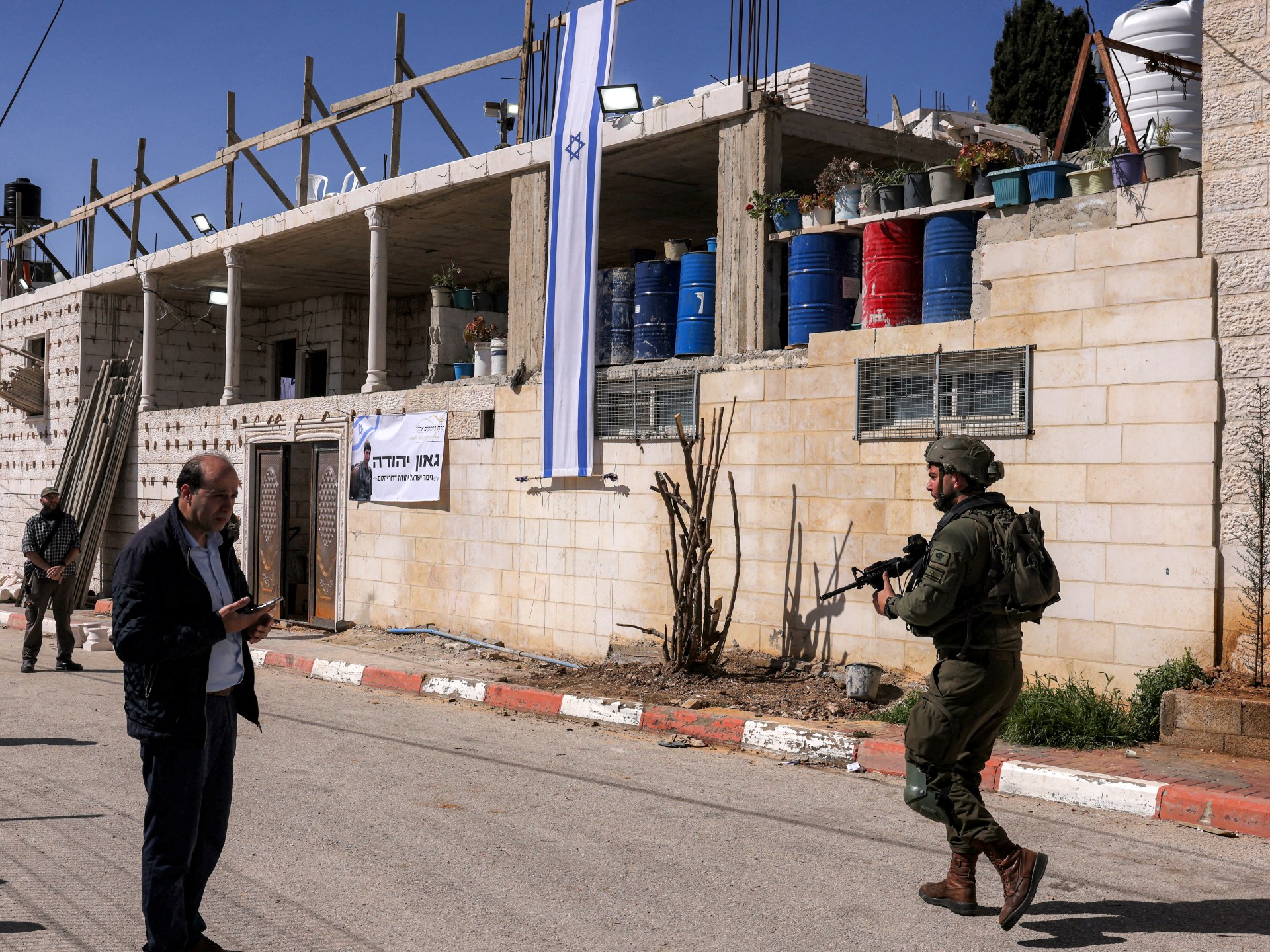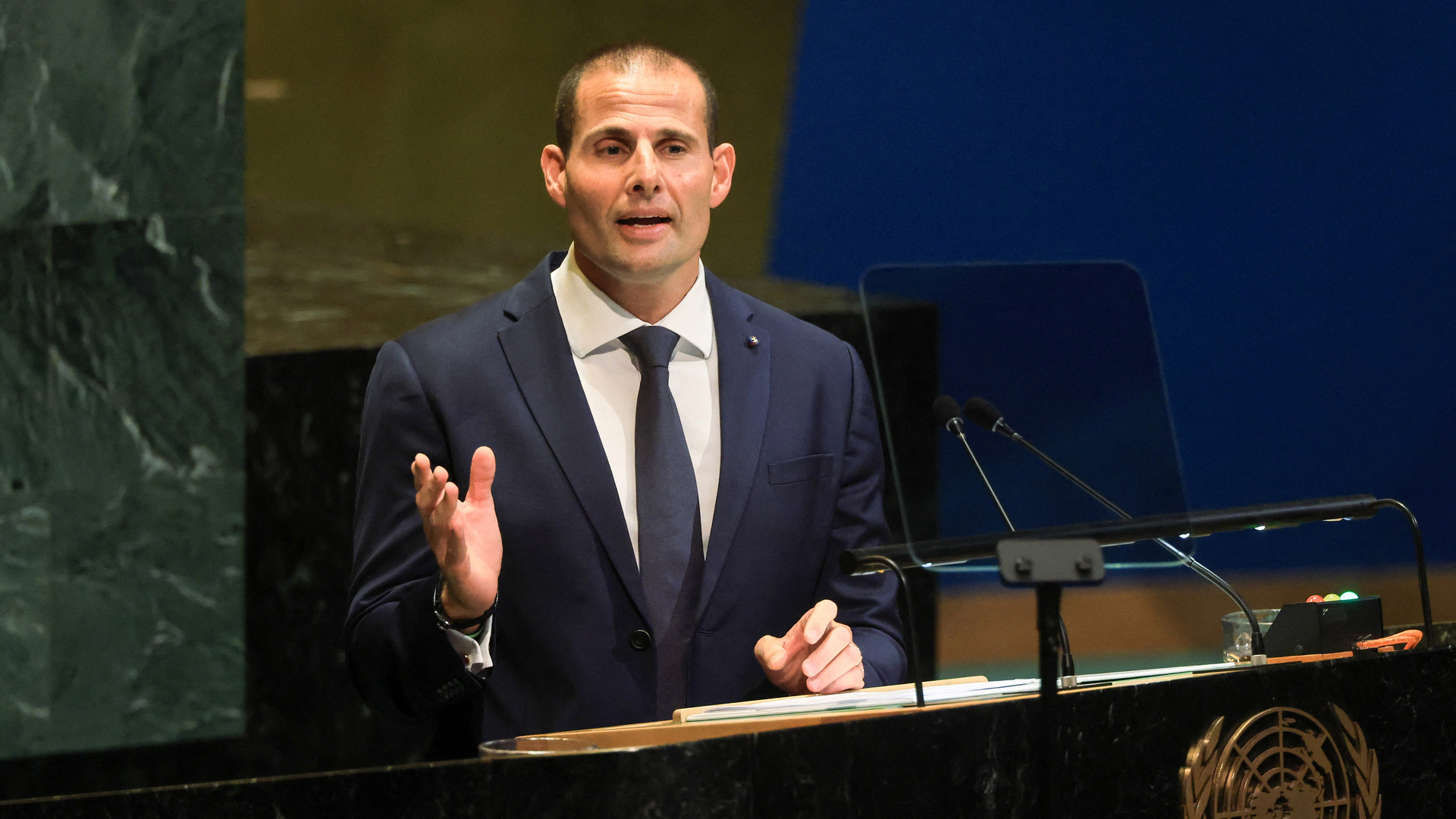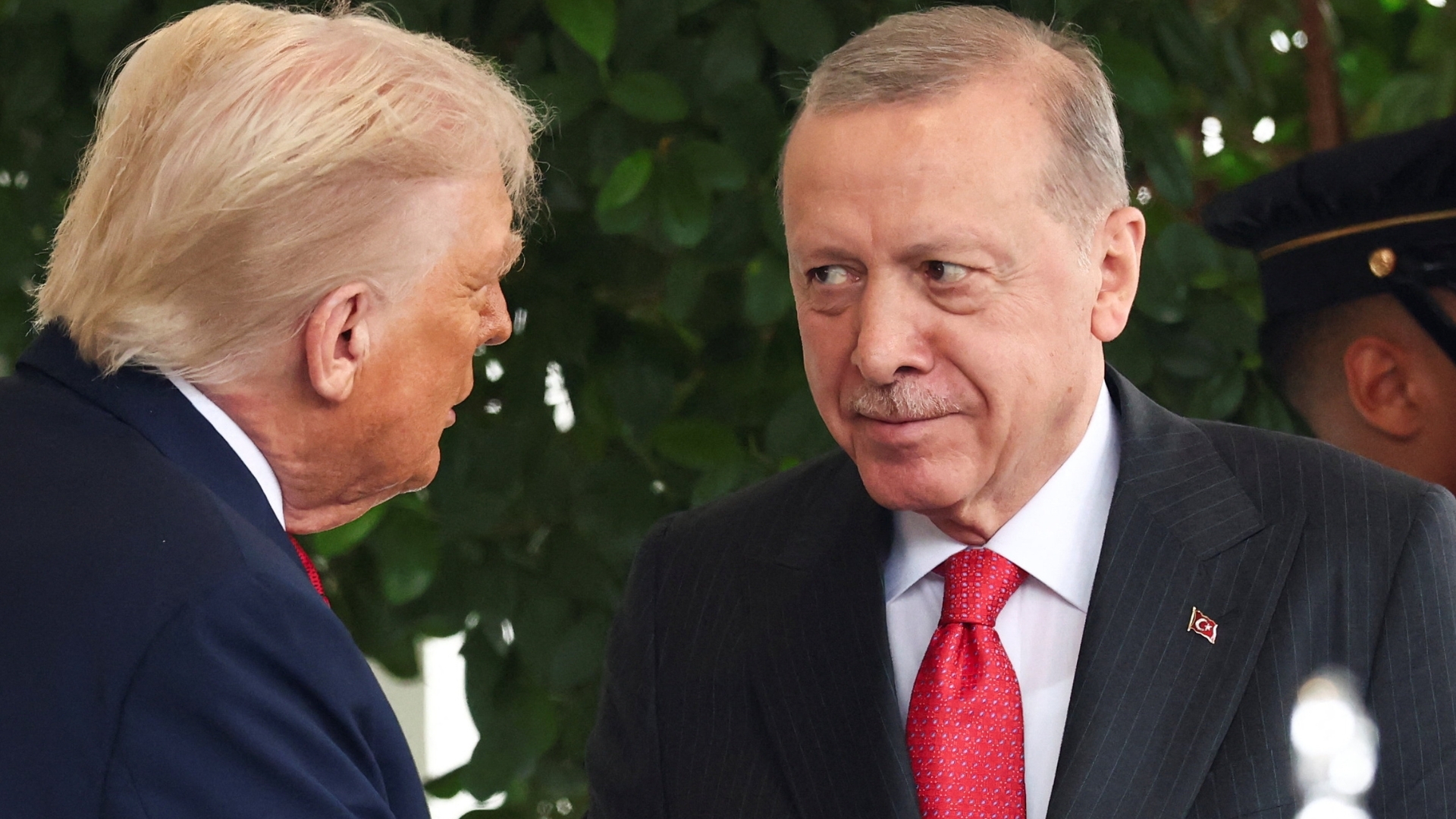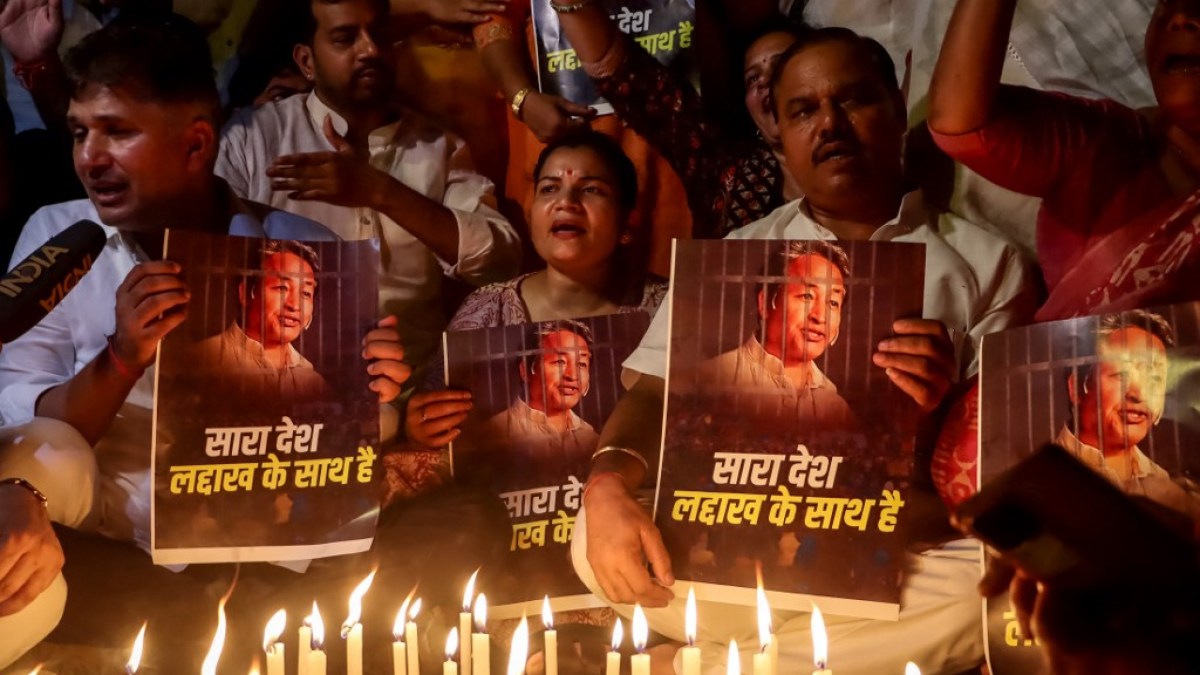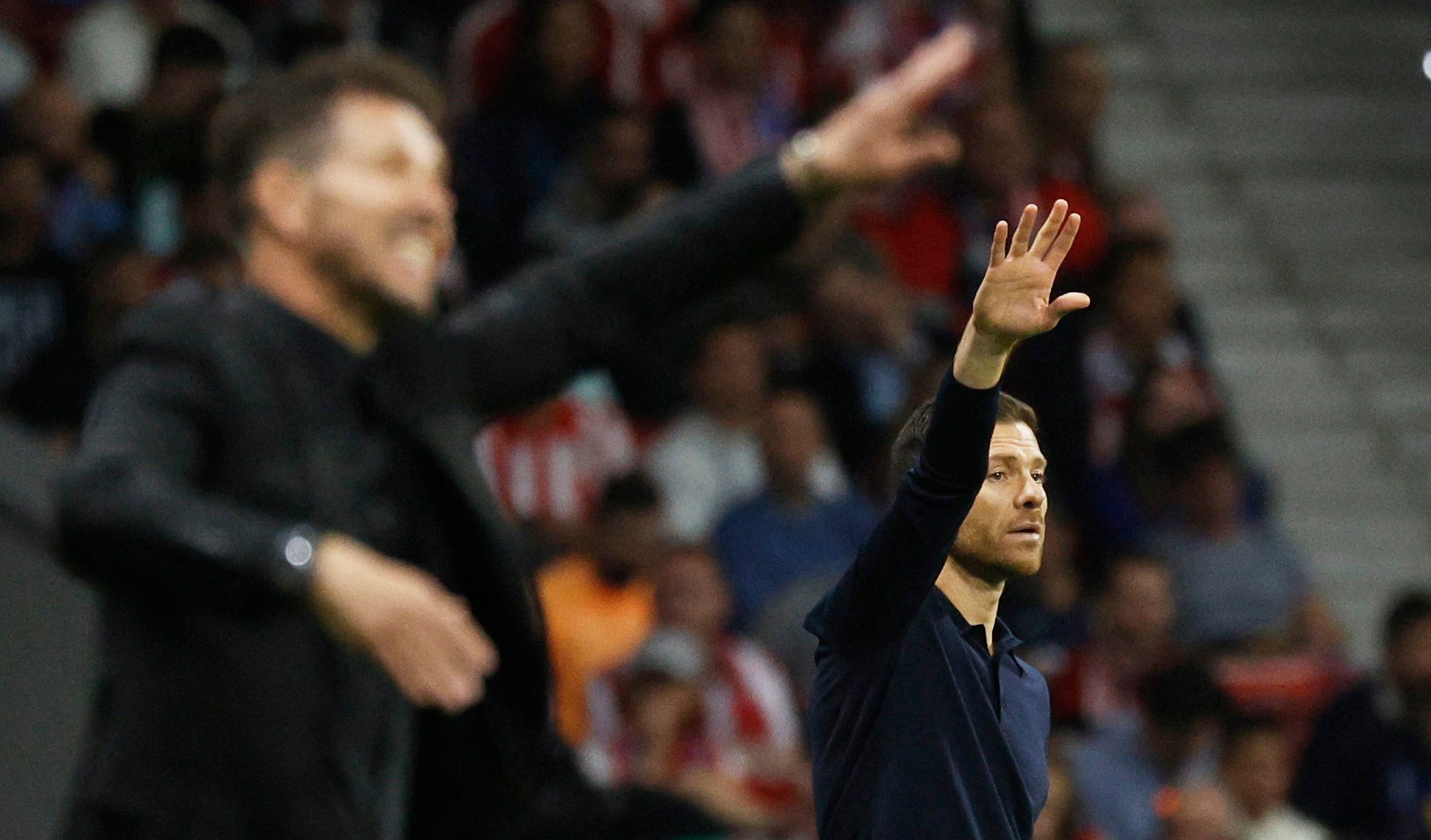Vancouver, Canada – After a major slowdown in Canada’s high-priced housing market, real estate sales in the country appear to be gradually inching up again.
That is cause for optimism across the country’s sector — hopes buoyed even more after the central bank dropped its key interest rate to its lowest in three years.
Recommended Stories
list of 4 itemsend of list
The Bank of Canada’s 0.25 percent rate cut on September 17 — mirroring its US counterpart’s move the same day — has experts hopeful it might help lift home sales and prices, which had left thousands of properties sitting unsold.
Mortgage broker Mary Sialtsis, in Toronto, where sales have been slowest, said she saw homes taking longer to sell this year, as many of her clients held off buying amid economic anxieties.
“It’s a little bit slower right now than it has been in the past”, she told Al Jazeera before the rate announcement. “During the pandemic, prices really spiked — there was almost like a buying frenzy.
“Things have tempered quite a bit since then.”
Many would-be homebuyers had been reluctant to invest amid United States President Donald Trump’s chaotic imposition of tariffs on Canadian imports, she said.
As a result, many sellers were pressured to settle for less.
“There’s just been, I think, a general hesitancy,” Sialtsis said.
But last month, national home sales rose just more than 1 percent, according to the Canadian Real Estate Association (CREA), the fifth consecutive month of small increases, as average house prices climbed nearly 2 percent from last year.
Real estate is one of Canada’s most lucrative sectors. It makes up nearly 400 billion Canadian dollars (US$287bn) of the country’s gross domestic product, representing 13 percent of Canada’s economy.
‘Rates should have come down a lot faster’
Last week, the Bank of Canada reduced its federally set key interest rate to 2.5 percent, down by a quarter-point.
The central bank’s governor, Tiff Macklem, told reporters the Crown corporation’s council had a “clear consensus” that dropping the rate would “help the economy adjust while maintaining well-controlled inflation”.
“Obviously, tariffs are weakening the Canadian economy”, he said at a news conference after the rate cut. “We are proceeding carefully … We don’t want Canadians to have to worry about big increases in the cost of living.”
Despite what the bank described in a statement as “a lot of job losses” and a weakening economy, increased housing activity was among the few “signs of resilience”.
The central bank’s key interest rate influences private banks’ own lending rates, including mortgages. Lower rates mean more people can afford to take out house loans — and also many mortgage-holders can get some relief on their costs.
The bank’s rate started climbing in early 2022, skyrocketing from just 0.25 percent in early 2022 up to 5 percent the next year, its highest since 2001.
According to Sialtsis, keeping the rate high so long “caused some people to pull back”.
She said some of her would-be clients did not buy houses, despite it having become a buyers’ market. They were “holding off because of the uncertainty due to the trade tariffs and the potential impact”.
But since April last year, the nationally set interest rate has been gradually declining as the country battled post-pandemic inflation, which drove up the cost of living for Canadians.
Shaun Cathcart, senior economist with CREA, said the historically high interest rates kept the market “mostly asleep” for three years.
“We thought that 2025 was going to be a rebound year,” he said. “And then, of course, what happened was this total tariff chaos just completely derailed that.
“People just pulled right back and said, ‘We’re not going to make any big decisions like this, I don’t know if I’m going to have a job.’”
But recent improved house sales, he said, suggest the initial “dread” from the trade war may have “sort of calmed down”.
And he believes there’s a good chance “that trend could accelerate this fall.”
For University of British Columbia economics professor Andrey Pavlov, holding the rates high as long as the central bank did “was a mistake”.
“Interest rates should have come down a lot faster and a lot further than they did,” he told Al Jazeera prior to the latest rate cut.
“Income per capita has been flat or declining in Canada for the past two years — allowing that to happen [was] a policy mistake.”
Pavlov said he would like to see more “substantial” reductions in the central bank’s rates to get the housing market moving again.
“It’s a very early trend of recovery”, he said. “High interest rates obviously present a major headwind to real estate.
“Some substantial interest rate cuts will then establish the trend of normal recovery and going back to a normal or seller’s market.”
Ottawa launches new housing agency
Before the rate cut, the country’s minister of housing and infrastructure, Gregor Robertson, acknowledged slower-than-expected real estate sales, but added some regions fared better than others.
For instance, Canada’s most populated metropolis, the Greater Toronto Area, actually saw its house sales drop last month.
“Generally, the market is challenged by the US tariffs and the threats we face across the global economy with wars and uncertainties”, Robertson told Al Jazeera.
“Housing and infrastructure are right at the core of Canada’s economy … It’s critical that we leverage that overall investment and create more jobs — create more homes.”
On September 15, Ottawa unveiled Build Canada Homes, a new agency with a 13 billion Canadian dollars (US$9.3bn) mission to ramp up construction of up to 50,000 “factory-made” housing units on federally owned land.
In a statement, Prime Minister Mark Carney said the new agency will “partner with private market developers to build affordable homes” for middle-class Canadians.
Ottawa’s plan would see the private sector offer “construction capacity, innovation, supply chains, and financing” — with the government bringing to the table “federal lands, faster approvals, and strong incentives”.
And in a nod to industries worst-hit by US tariffs, Carney said the initiative will follow a “buy Canadian” policy, to “channel demand through Canadian industries” such as lumber, aluminium and steel.

Economist Jim Stanford, with the Centre for Future Work, said federal promises to expand the housing supply were “ambitious”.
“A big expansion of housing activity would help Canada weather the Trump tariffs,” he said.
But he cautioned against relying too much on private developers, which he described as “very speculative and very financialised”.
“If it’s just left to the private housing industry … we could see one of the ramifications of a Trump recession would be a further decline in housing prices,” he warned, “and a decline in housing construction.”
Although falling home prices can stimulate demand and construction, the Canada Mortgage and Housing Corporation notes that in some cases “falling prices and tighter credit” can create “risks for buyers,” and too many unsold homes on the market can lead to projects being delayed or cancelled.
‘Strength of the real estate market’
The housing minister said the affordability crisis has created urgency around building more homes for middle-income earners, as well as non-market homes for lower-income and homeless people.
“We need to really scale up the number of homes being built below market,” Robertson said, “and make it more affordable for Canadians.”
According to mortgage broker Sialtsis, many Canadians — including renters and first-time homeowners — have been deeply challenged by a lack of affordable housing.
While close to two-thirds of Canadians own their primary home, affordability remains a major barrier, she noted.
But despite the housing sector’s slow recovery this year, Sialtsis remains a “firm believer in the strength” of Canada’s real estate market overall.
